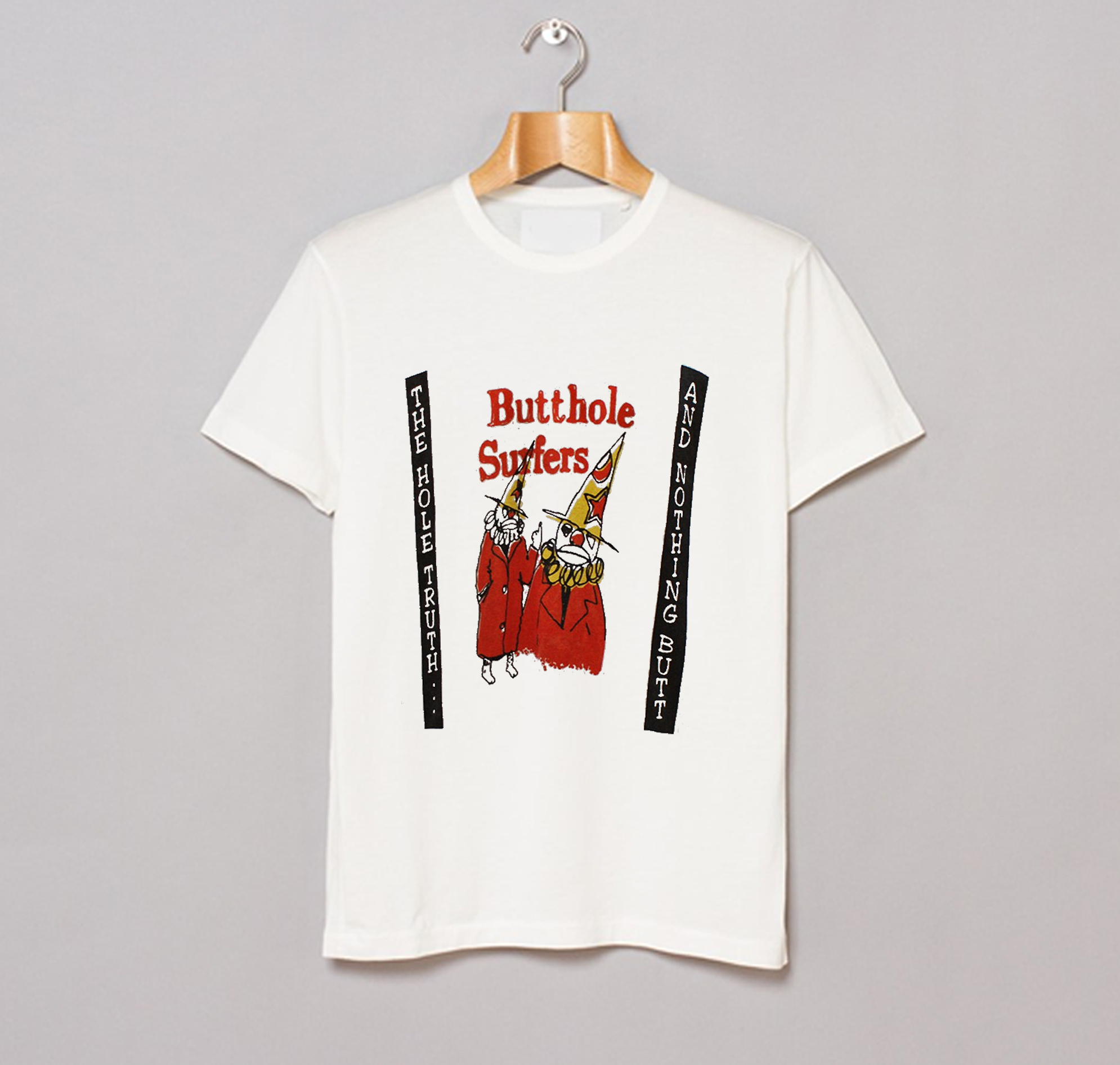

Writing the decision for a three-judge panel of the U.S. The basis for the Buttholes’ suit lies in copyright law, which has not kept pace with punk-rock business practices. Coffey also says the Buttholes disagree with Rusk about just what the deal was, and that they wouldn’t have done business with Touch and Go had they known Rusk expected to own their work indefinitely. “Those sales were generated by ‘Pepper,'” the band’s hit single from its 1996 album, Electriclarryland.

“In the 90s they were not placing a lot of calls to music writers saying, ‘Hey, how about the Butthole Surfers,'” says drummer Jeffrey “King” Coffey. Anytime a band wants to stop working with us they should, but that has no bearing on the records we’ve already done.”īut in early 1996 the Butthole Surfers sued because they thought that the deal was no longer fair–that the label was no longer earning its 50 percent share, that it was merely benefiting from the work the Buttholes and their new label had done. “A deal’s a deal, and our deal’s a fair one. “We work hard for our bands, and I feel like we’ve always held up our end of the bargain with them,” Rusk says.

Now, however, as a result of the court’s decision, Touch and Go and the dozens of labels that follow the same business model–including the local Thrill Jockey and Drag City imprints and Dischord in Washington, D.C.–face the possibility that their principles may cost them their back catalogs. This is the label’s forte, and also its bread and butter: almost all the nearly 300 records released by Touch and Go and its sister label, Quarterstick, are currently in print. In return, or so Rusk thought until recently, Touch and Go gets the right to press those records for as long as it can keep them on the market. He pays the bands 50 percent of the net profit on their records–about four times the industry’s standard royalty rate. Rusk operates on an honor system that’s become nearly as influential as the label’s roster, which has included the Jesus Lizard, Big Black and Shellac, Slint, Urge Overkill, and Girls Against Boys. Most labels have probably been sued more than once.” This is the only time I’ve ended up in court.

“In reality doing this on a handshake basis may be hard to defend,” says Rusk, “but in 18 years I’ve tried hard to only work with people I thought I could be friends with and who could understand how it is I want to work. But like all deals in the label’s history, the Buttholes’ agreement with Touch and Go was verbal. Though technically the band won because their contract for those releases didn’t specify an end date, things might have gone differently if that contract had been in writing. The Buttholes, who signed to Capitol in 1991, sued owner Corey Rusk to reclaim the six records and long-form video they made while on Touch and Go in the mid-80s. Who owns indie rock? On March 26, the federal appeals court in Chicago upheld the Butthole Surfers’ right to end a handshake deal with their former label, Touch and Go–the granddaddy of Chicago independent labels.


 0 kommentar(er)
0 kommentar(er)
